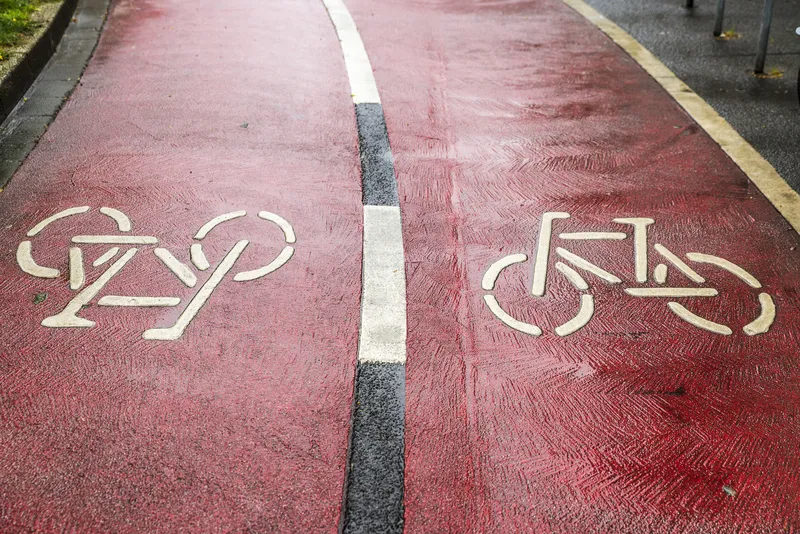Swedish news website The Local reports that the country’s security police Säpo investigated the
Speaking at a press conference this week, Swedish Prime Minister Stefan Lofven called the development ‘serious’ and said the government plans to tighten existing outsourcing rules.
It is not known whether the security glitch caused any major damage. The question of whether or not Sweden's national security was harmed is censored in the Säpo report.
Swedish Transport Agency attempts to minimise damage done by IT outsourcing deal
The Swedish government is attempting to minimise the damage done by an IT outsourcing deal that could have exposed classified information to foreign powers. Swedish news website The Local reports that the country’s security police Säpo investigated the Swedish Transport Agency (Transportstyrelsen) after information about all vehicles in the country, including police and military, was made available to IT workers in the Czech Republic who had not gone through the usual security clearance checks when the agen
July 28, 2017
Read time: 2 mins
The Swedish government is attempting to minimise the damage done by an IT outsourcing deal that could have exposed classified information to foreign powers.










